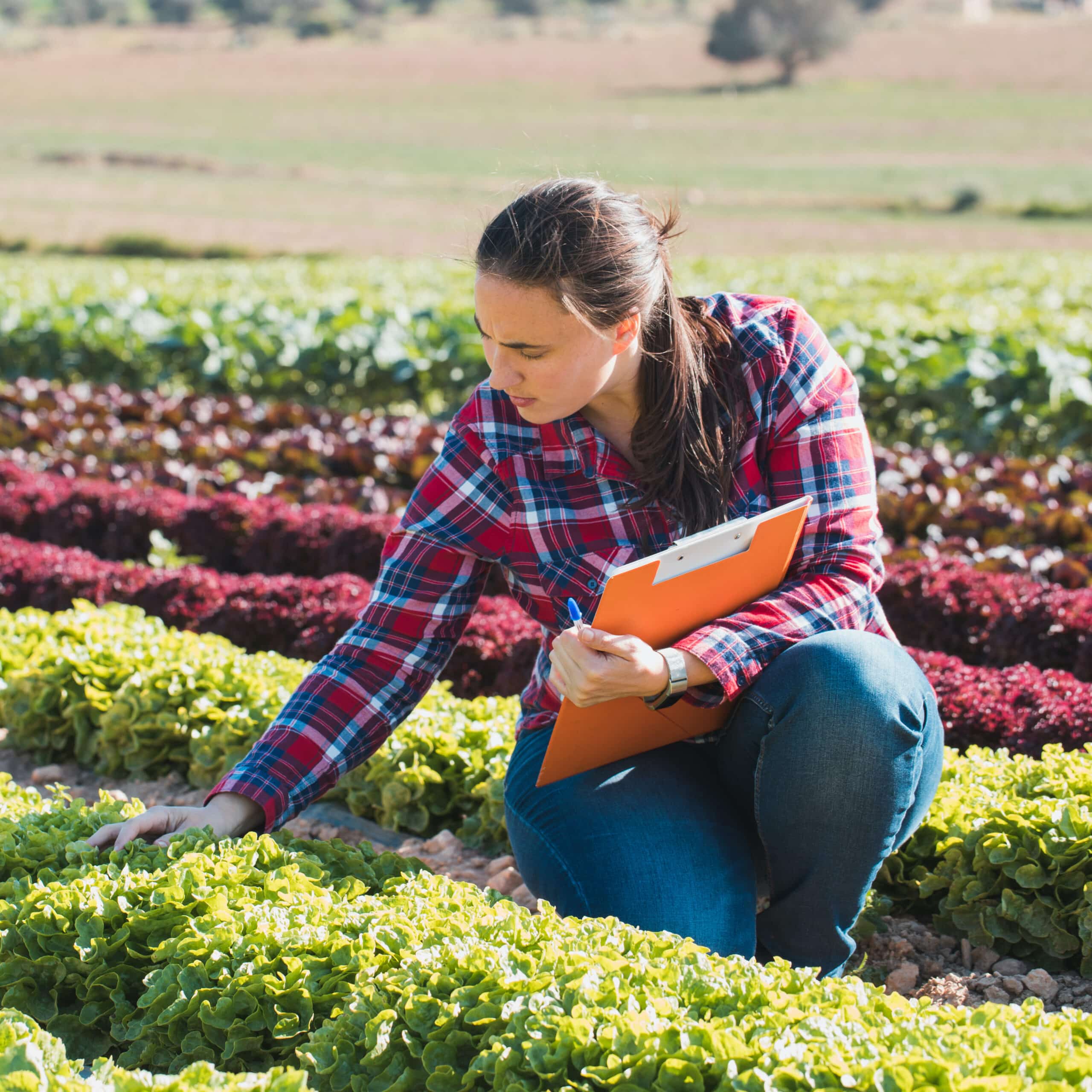When you think of sustainability, what comes to mind? For many people, sustainability means recycling and working to save the environment. While this is true, there is so much more to sustainability than reducing your carbon footprint.
Sustainability is a concept where we work to meet our current needs without compromising the ability of future generations to meet their needs. To accomplish this goal, there are three pillars we can impact: environmental, economical, and social.
Each of us has the ability to influence sustainability in our workplaces. To remember how, think of the three Ps tied to each pillar. Environmental sustainability is impacted by being conscious of the planet, economic sustainability is impacted through profits, and your behavior with people impacts social sustainability.
If you’re not sure what impact you can have on sustainability in your workplace, try one of these.
Environmental
Recycle
We’ve heard this since we were kids “Reduce, Reuse, Recycle.” It’s a tale as old as time. Recycling helps save natural resources, energy, and money. Utilize your company’s recycling receptacles instead of tossing cans or paper in the trash. If your company doesn’t provide you with a means to recycle, offer to implement a recycling program.
Work Remotely
This past year, many employees were forced to work remotely. A surprising benefit that came out of the pandemic was the positive effect it had on the environment. While less commuting saves you time and energy, it also reduces emissions and improves air quality. Working from home also reduces energy usage and paper usage at your office. Once we enter a post-pandemic world, explore the option of continuing to work remotely, even part-time, to continue to reap these benefits for the environment.
Go Digital
In 2014, the Clean Air Council and the Environmental Protection Agency (EPA) reported that the average office worker uses 10,000 sheets of paper each year. That equates to four million tons of paper used annually in the office. By going paperless at work, you can have an immediate impact on the environment and your company’s bottom line.
Economical
Be Smart About Vendors
If you’re in a position at your company to make decisions around your suppliers and vendor partners, do your research before signing a contract. Consider what the vendor stands for and what their sustainability values are. Make sure that you’re creating partnerships that align with your company’s sustainability beliefs. If you’re not in a position to make the decisions, offer insight to those who are.
Establish a Sustainability Council
If your company is all talk and no action when it comes to sustainability, take the lead and offer to create a sustainability council. Recruit stakeholders and those interested in making an impact, and then outline a plan of your company’s goals and key initiatives. Sometimes the best way to get something off the ground is to start it yourself.
Social
Advocate for Diversity Equity, and Inclusion (DE&I) in Your Workplace
Sustainable workplaces are diverse across races, genders, socioeconomic status, and more. For a company to be successful and impactful in their communities, they need to create and foster equitable environments that will lead to meaningful change. As an employee, be an advocate for DE&I. Support any current efforts or implement new program to support your fellow employees.
Create Opportunities
For a company to thrive and foster a culture of growth, employees and managers need to develop professionals. To do this, managers need to create development opportunities and challenge employees to expand their expertise. Peers can also create opportunities by making introductions to their connections and offering knowledge from personal experiences that would benefit others.
Support Women in their Careers
Fostering a sustainable workplace includes supporting women in their careers, and to support women in their careers, we need to form a community at work that supports women. We can support each other through mentoring young professionals, making space for others to grow in their careers, and supporting mothers at work. Supporting women at work doesn’t prevent the success of others or inhibit the company’s success. Remember, we are all stronger when we work together.


